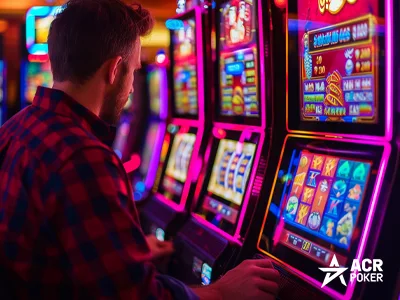Waco, TX, doesn’t want eight-liner gambling machines in the city
The city of Waco, TX, is preparing to vote on a proposal that would ban eight-liner gambling machines, devices that resemble slot machines and have long occupied a legal gray area in the state. The ordinance, set for its first reading during Monday’s city council meeting, would outlaw amusement redemption machines and change licensing rules for nightclubs and indoor amusement facilities. If approved, the ban would take effect on January 1, 2026.
Waco officials say the move comes after growing concerns about crime linked to businesses operating eight-liners. Assistant Police Chief Mark Norcross told the council that crime near these establishments has risen sharply, with calls to affected areas increasing twentyfold. He called the machines “crime magnets,” noting that certain neighborhoods, particularly along Valley Mills Drive, have become hotspots for illegal activity.
Eight-liners have been controversial for decades due to a loophole known as the “fuzzy animal exception.” Originally passed in the 1990s, the rule allowed arcade-style games to offer small prizes like stuffed animals or in-house credits. Operators of eight-liners used the same model to award cash or gift cards, keeping them technically legal under state law—until recently.
A Texas Supreme Court decision last year in City of Fort Worth v. Rylie ruled that eight-liners could be considered illegal lotteries, giving municipalities the authority to prohibit them. That ruling encouraged several Texas cities to start enforcing stricter gambling regulations, including nearby Bellmead, which implemented a ban in May 2025.
The Waco ordinance also aims to clearly define what qualifies as a legal amusement game. Skill-based machines such as Skee-Ball or basketball tosses would remain allowed, while chance-based devices requiring payment for a possible prize would be prohibited. City staff estimate the ban could cost around $6,000 in annual tax revenue, but officials believe it’s a small price to pay for improving community safety.

